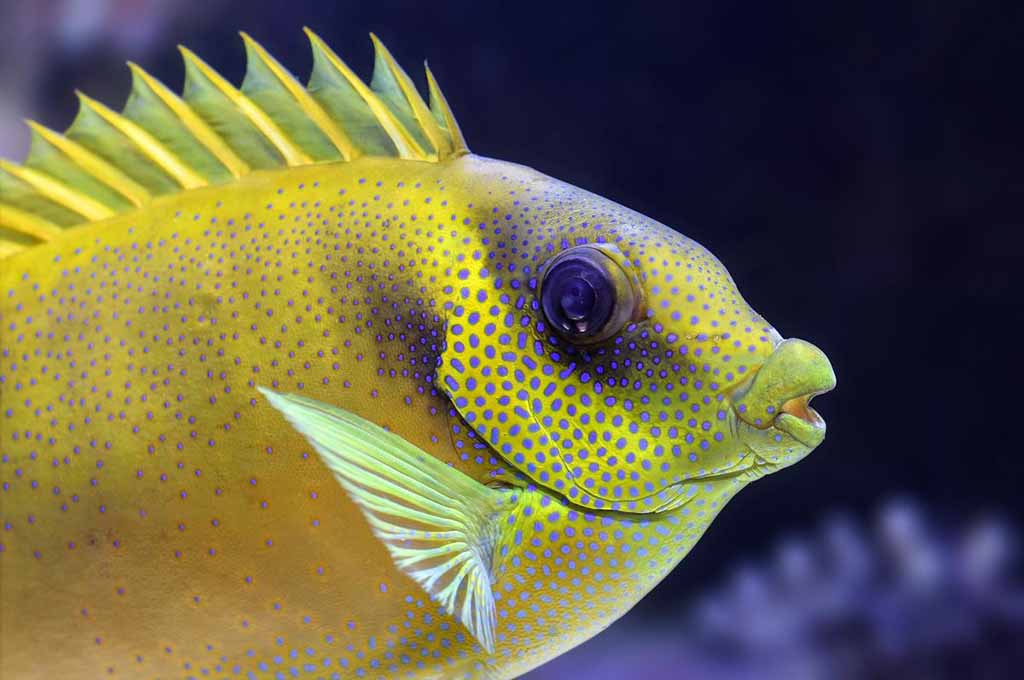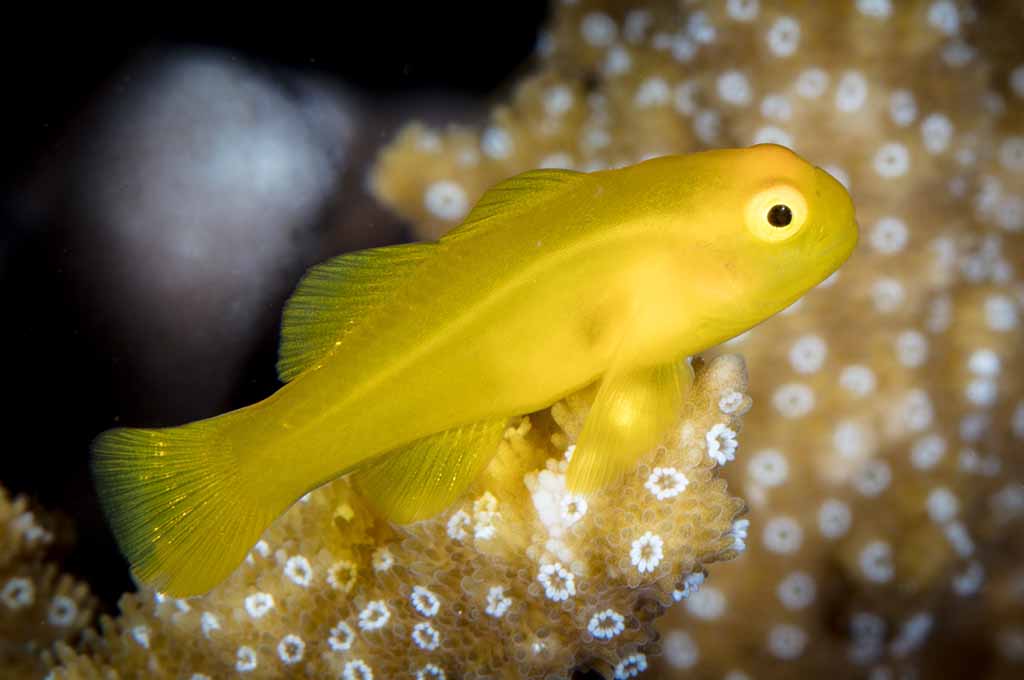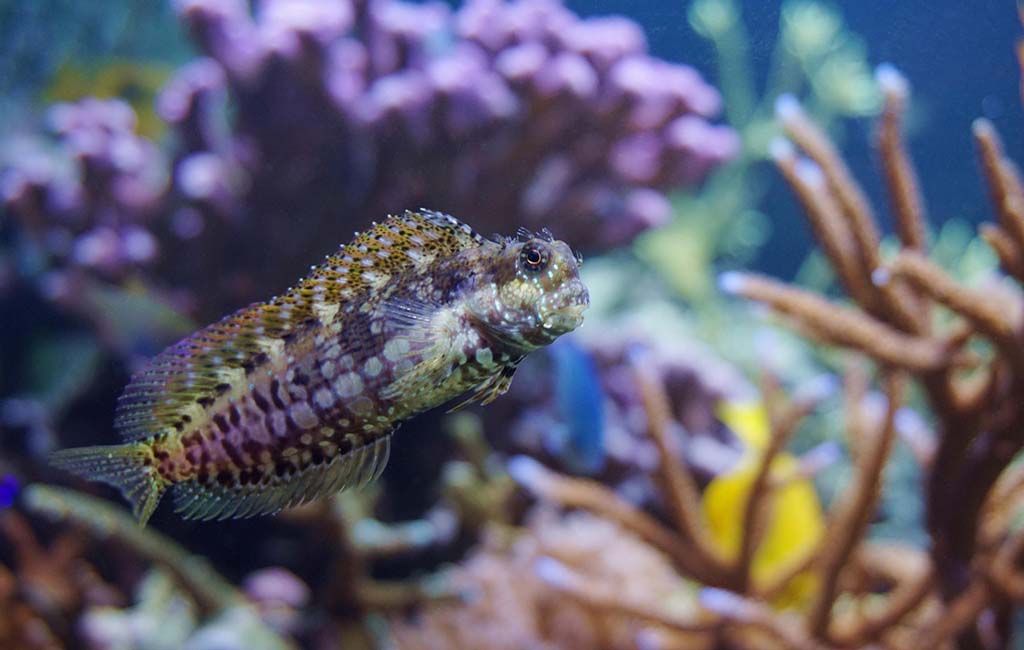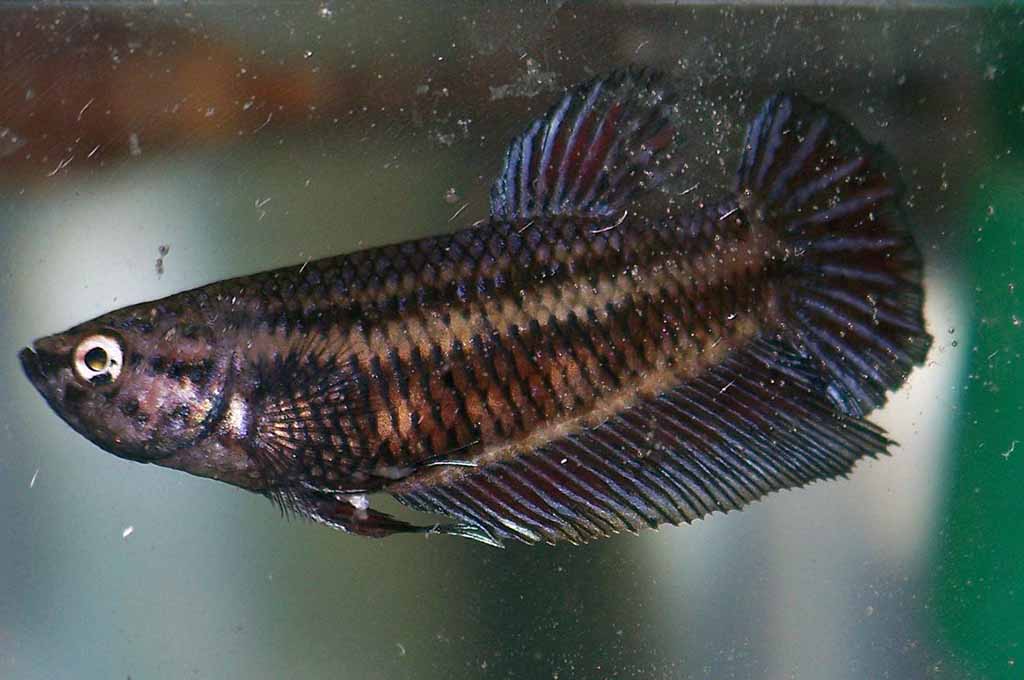Fish stress is one of the most concerning aspects among aquarists. They care about it as it can prove fatal for the fate of the tank fish. There are some signs of stress in fish that are under stress. It’s better to understand them so you can treat them. In the following, you’ll learn about the happy fish, fish stress, and how to treat stressed fish.
Content Table

How to treat stressed fish
Understanding Fish Happy or Stress
Fish have emotions. They can go through various moods, i.e., happiness, stress, pain, etc. Here are some parameters that will enlighten you about fish emotions. These expressions are also noticeable in both captive and free fish. Here is a little explanation of these emotions.
Fish feel pain when hooked, as they have pain receptors in their mouth. They have oxytocin, like human. Therefore, they can sense the fear in other fish and sometimes also show fear. They can regulate the oxytocin level. Moreover, you can observe the signs of stress in female cichlids. They lose their interest in the world and show pessimistic behavior.
How Do You Know If a Fish Is Happy?
There are some general signs indicating that your fish is happy.
Active Like Living in a Natural Habitat
Happy and healthy fish are active. They love to explore the tank and are energetic. However, it does not mean that if a fish is not exploring the tank and swimming, it is unhappy. Sometimes, fish have different preferences to show happiness; for example, Kuhli loaches are nocturnal and love to burrow. In general, they behave like their natural habitat behavior.
Normal Breathing
The fish’s breathing rate also helps to understand happiness. You can observe the breathing through its gills in a moment. If the gill moment is going rhythmically, everything is fine. Gill moment rate varies according to species, i.e., 20 to 80 opercular moments per minute. Heavy-breathing fish have a more opercular moment per minute.
Normal Appetite
When your fish is healthy and happy, it’ll show interest in the food as its metabolism functions perfectly. However, you have to manage their feed. Overfeeding or underfeeding can lead to stress. Moreover, feed plentiful doses to avoid any competition among tank habitats.
Proper Body
A happy fish maintains a proper body shape. They have no signs of erosion, optimal weight, and glowing eyes.
Interactive Behavior
Interactive behavior varies among different species. A schooling fish shows interactive behavior toward other companions. However, territorial fish don’t act like that. As a general rule of thumb, species of fish become aggressive during the breeding period.
Happy Fish Signs in Different Species
| Species | Signs |
| Betta Fish | Flaring fins
Building bubble nests |
| Goldfish | Explore the tank
Interact with other goldfish |
| Cichlids | Establishing territory
Brightening colors |
| Tetras | Interact with other tetras
Swim in interesting and playful patterns |
| Discus Fish | Schooling
Smooth and non-jerky swimming |
| Guppies | Actively swim Frequent breeding |

Fish are happy or stressed
The Common Causes of Stress in Aquarium Fish
There are several reasons behind a stressed fish. Here are some of the stress reasons.
Water Quality
Fish are sensitive to water quality. However, the scale of sensitivity varies among species. Any change in water quality leads to stress among the fish. Poor water quality weakens fish’s immune system, which makes them more vulnerable to infection. Low oxygen, fish waste buildup, sudden changes in temperature and pH, and high levels of toxins are common causes of reduced water quality.
Overcrowding
Overcrowding is another reason for stress among the tank’s fish. It leads to competition in food, frequent waste buildup, and a reduction in swimming space and individual territory. These factors increase the aggression among tank mates, ultimately resulting in stress.
Improper Tank Mates
Incompetent tank mates also cause stress among fish. Shy and slow-swimming fish should not be kept with fast-moving and fin-nipping mates, i.e., tiger barbs.
Feeding Irrgulatries
Feeding is another cause that leads to stress among fish. There are two possibilities for improper feeding:
| Over or under-feeding | Diet preference |
Overfeeding or underfeeding also causes diseases or weakness among the fish. Different species have different diet preferences, i.e., carnivores, herbivores, and omnivores.
Handling and Netting
Excessive handling or netting also increases stress among fish. Only handle them on a vet visit, shifting to a new tank, or in case of some inevitable condition.

Signs of stress in fish
Fish Stress Signs and Treatment
Stress isn’t good for fish health. It causes disease, and in severe cases, it can also lead to death, a slow, silent, and painful death. There are several stress indications in fish.
| Loss of appetite | Discoloration | Physical deterioration | Lethargic behavior |
| Unusual and frequent hiding | Erratic swimming | Gasping at the surface | Scratching against tank wall or decoration |
Treatment
Fish stress treatment includes different steps.
Stress Identification
Observe your fish and try to identify whether your fish has a stress sign. If you find any of them, try to identify the reason. Have you fed them appropriately, and are they well-acclimated? Also, check whether all tank equipment is working appropriately. If there is any problem, address it.
Water Parameters
If you don’t find any apparent reason, check the water parameters, i.e., pH, ammonia, nitrate, DO, etc. High levels of ammonia cause distress among the fish. In the same way, nitrates do. Clean the tank, i.e., leftover food, fish and plant waste, and algae. If required, do a water change.
Equipment Assessment
If the water quality is fine, check the equipment, i.e., whether the equipment function properly. If the fish is gasping on the surface, check the air stone. Check the water pump for adequate flow rate in the tank. Also, check the filter and clean it in case of any clogging.
Diseases
If you still find a stressed fish, check its health. In case of sickness, remove it from the tank and quarantine separately. Do medication properly. The quarantine will also help save other fish in the main tank.
By following these steps, you can remove the stress from the fish.

Betta fish stress
Is My Betta Fish Stressed or Happy?
If your betta fish is swimming actively, not becoming aggressive to other fish, eating happily, and forming a bubble nest, your betta fish is at its best. However, if you find it dull, aggressive, or picky in feeding, these are the signs of concern. Here is how to deal with it.
| Give each appropriate space, i.e., 5-gallon per betta. | In case you don’t have hiding spots, install them or add tank decoration. |
| Check and set the optimal water parameters. | Check the tank equipment, i.e., air stone, water filter, surface agitator, pump, etc. |
Final Thoughts
Happy fish is a therapy for the aquarists. If they are swimming actively, eating regularly, living in vibrant coloration, and breathing rhythmically, it’s a great relief. Otherwise, it indicates stress in your fish. The signs of stress in fish include lethargy, gasping, loss of color, unusual hiding, etc. Scheduling the feeding routine, maintaining water parameters and all equipment, and quarantining your sick fish are some methods for fish stress treatment.


Leave a comment